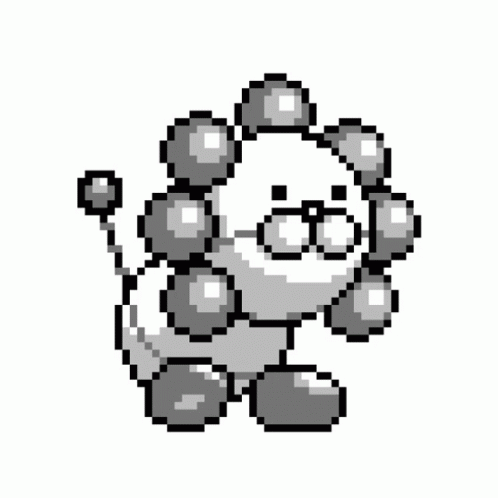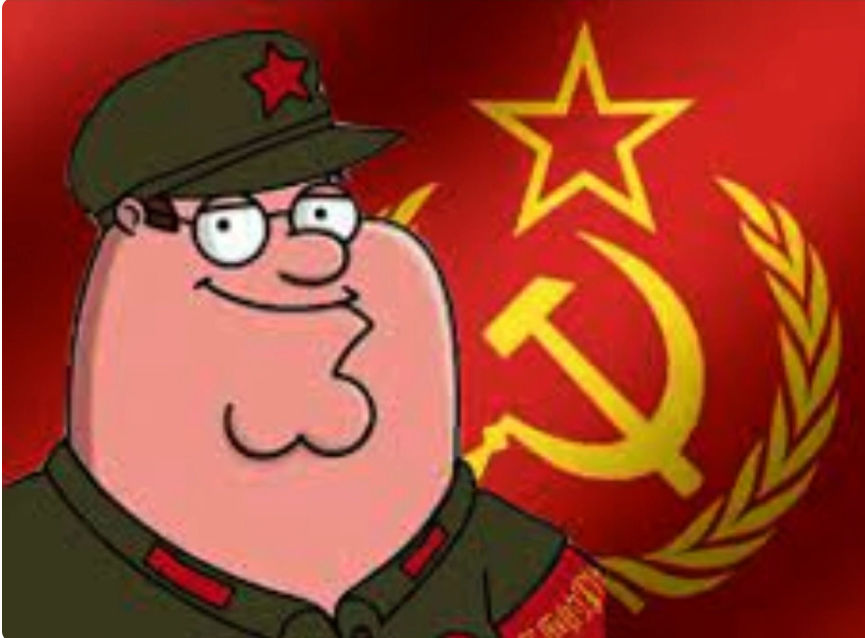- cross-posted to:
- literature
- cross-posted to:
- literature
Ok, I know those last couple chapters got away from me, so this time we're going to do just one chapter, and this time I'm going to be one of the first people to read the chapter rather than the last.
The Will to Change: Men, Masculinity, and Love is a book by bell hooks about men, patriarchy, the relationship between them, and most importantly love. There is no need to pick up a copy, comrade Sen has already uploaded the entire audiobook onto Youtube. Content warnings are generously provided by Sen at the start of each chapter, however, they may not be as extensive as one might provide on here. This time we are doing Chapter 4. Each chapter is only about 30 minutes long, so it's not a long commitment. Chapter 4 is titled "Stopping Male Violence" so it seems a CW for SA and assault in general is necessary for this chapter.
Discuss-
-What stood out to you about this chapter?
-Are there any ideas that bell hooks introduces in this chapter that you've never heard of or wish you had heard earlier in your life?
-Are there any stories in this chapter that resonate with you on a personal level?
Previous Chapter Discussions
Chapter 1 discussion
Chapters 2 and 3 discussion
Thoughts on Ch. 4
This is a hard chapter to write about, as I didn't find as much that stood out to me personally. What I did find interesting was how bell talked about men not having the ability to connect with their emotions.
What was also interesting is the media critique of films as war propaganda, and the opposition to the Vietnam War. This comment is pretty sloppy, so I'll probably talk more as more comments come in.
I'll need to re listen to this chapter as I kinda spaced out and kept listening without writing down any notes. (Hooray for working in a building completely alone!)
I'm pretty sure the general feeling that I got out of listening to it two times back to back a few weeks ago was that the framing kinda made it women are only violent because they learn it through patriarchy. Which is something that I've come across in the past when reading feminist anti-patriarchy things and I'm not sure sure I can buy into wholesale.
Additions from my most recent listen:
Okay, i think I'm getting the "women are only violent due to patriarchy" thing now. I was misinterpreting what bell hooks was saying (I think). Its not that women aren't violent until the addition of patriarchy, its that the violence is of a particular "flavor". One that either teaches a boy the proper behavior or language in dealing with stress, frustration, conflict, etc (so behave violently to get your way) or actual allowing/expecting violence to happen to teach/train a boy.
I've definitely listened to girls I was growing up around talk about how uncomfortable/weird it was to see a teenage guy or man cry.
So far, I haven't picked up on bell hooks talking about patriarchy and its form of masculinity as a way of creating concentric rings of hierarchy. Don't know if it comes up later in the book but I've definitely gotten the feeling that violence is done in response to not being at the top of a particular pecking order. Being a much smaller and not all that athletic kid growing up and having friends who were involved in sports, it was crazy how if it was more than me and one other athletic friend I would be picked on mercilessly but if it was just me and one or (sometimes two) other(s) either no bullying would go on or it would be directed outside of the "group." The violence is directed inside of a friend group to maintain each member's place in the group's hierarchy as well as venting frustration at being the bullied one as a member of other groups in a way where a person doesn't have to worry about possibly losing face/position.
I listened to the whole book the first week the thread was posted, so will relisten and return in a bit.
@CARCOSA@hexbear.net Consider featuring please. Sorry that this took so long.
Not sure if I should care too much that hooks keeps describing the situation between mother and son as being something unique in replicating patriarchy? My brain is screaming about Freud every time its mentioned. Is the focus on mother/son because patriarchy seems to be centered around a cis gender hetero couple? Is it because she's informed by her own childhood experiences? Is there actually something different about a child being reared in a household with two Dads or two Moms that makes a difference in the replication of patriarchy within a household or a kid's childhood?
The bit about kids wanting to be the Hulk and "smash mommy" was weird. I was left with a lot of questions about the kids and their households and when even this study or poll or whatever was done that didn't seem to be mentioned by hooks.
Only listened to chapter 4 so far but will catch up on it. Was glad to hear Andrea Dworkin quoted. The part about a "mini-patriarch" makes me think of a couple of situations I've seen and to be a single parent in one must be a nightmare. I don't really have much else to add but thanks for posting.
Some quotes that stood out in chapter 4:
-"frozen in time, unable to allow themselves to love, for fear that the loved one will abandon them"
-"these men act out again and again to test their partners love; ultimately the woman will become weary of being tested and will end the relationship, thus reenacting the abandonment"
-"acts of psychic self-mutilation, that they kill off the emotional parts of themselves"
-"they choose patriarchal manhood over loving connection. First, foregoing self-love, and then the love they could give and receive that would connect them to others"
This was an interesting chapter, one point that resonated with me was the violence of sons against their mothers. I remember having this realisation at some point in my teenage years, that I was clearly much stronger than my mum, I never acted on this but obviously for may households that is not the case.
The points about men insulating themselves due to a fear of abandonment was also very close to home. This is a topic that I am still working on peronally. Reaching a point where the thoughts and feelings that I share with my partner match the thoughts and feelings I have in my head has been a huge challenge for me.


